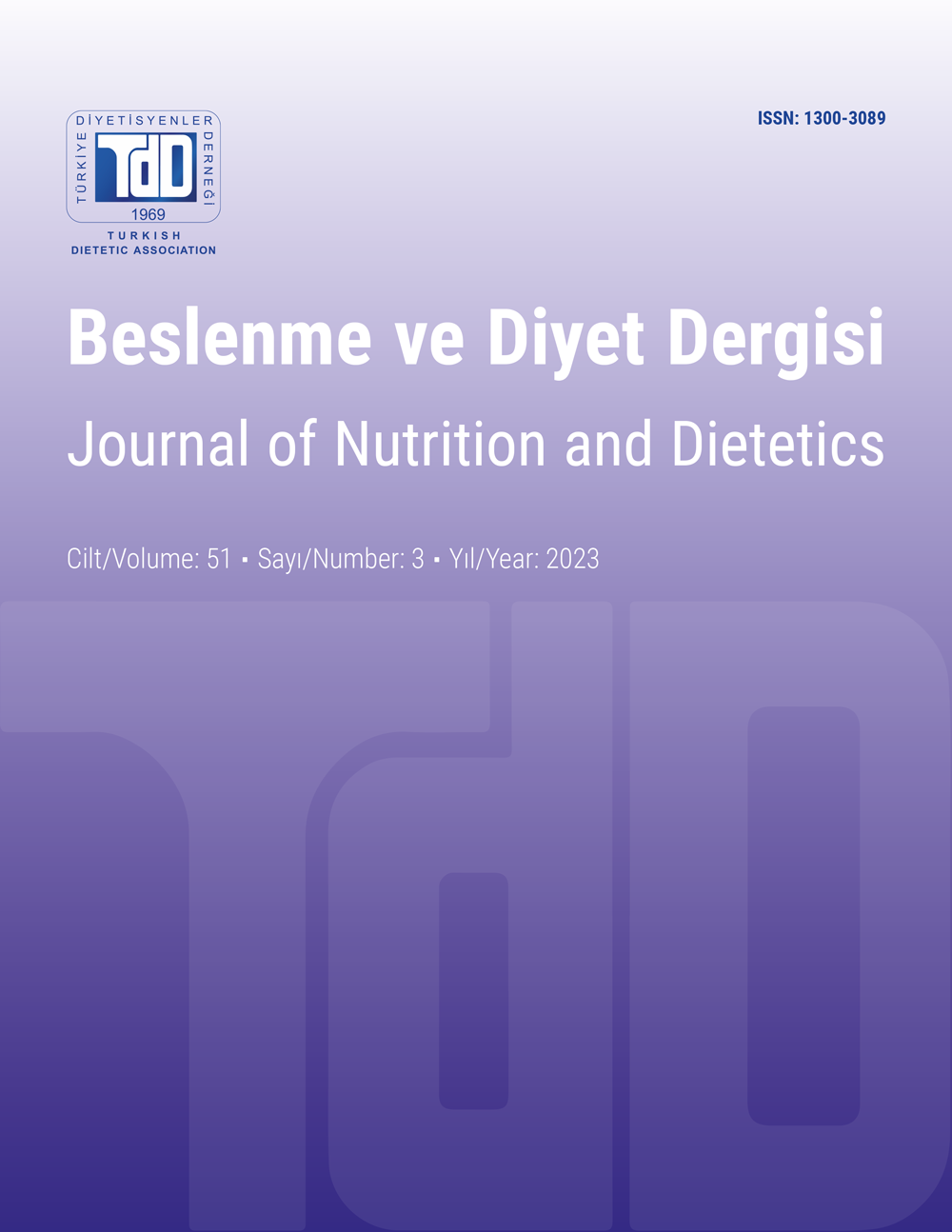The Nutritional Management of Maple Syrup Urine Disease: A Narrative Review
DOI:
https://doi.org/10.33076/2023.BDD.1789Keywords:
MSUD, maple syrup urine disease, branched chain amino acids, nutritional treatmentAbstract
Maple Syrup Urine Disease (MSUD) (OMIM, #24860) is a congenital metabolic disorder caused by a deficiency in mitochondrial branched-chain α-ketoacid dehydrogenase complex (BCKDC), necessary for the metabolism of branched-chain amino acids (BCAA) leucine, isoleucine, and valine. Deficiency in this complex leads to the accumulation of α-keto acids of BCAAs in body tissues and fluids, resulting in neurological damage. Medical nutritional therapy aims to maintain plasma BCAA concentrations within targeted ranges to ensure normal growth and development, achieved by restricting dietary sources of BCAA and providing BCAA-free medical nutrition support. Nutritional therapy plays a crucial role in preventing neurological damage in this condition. The objective of this review is to identify the needs for future research by analyzing existing studies related to MSUD nutrition. The purpose of this review is to assess current studies on MSUD nutritional therapy to identify needs for future research. A literature review focusing on research studies from the past decade related to MSUD and its nutritional treatment was conducted. Searches in the PubMed database from January 1, 2012, to July 12, 2023, using terms “maple syrup urine disease” AND (“nutri*” OR “restrict*” OR “diet*” OR “consumption” OR “leucine tolerance”) resulted in 188 articles. After excluding studies not related to MSUD, unrelated to other diseases, or not involving nutritional therapy, 18 articles were included in the study. The articles on acute phase nutrition therapy mainly discussed the use of intravenous amino acid mixtures for parenteral nutrition in MSUD. There were also studies on post-transplantation acute phase nutritional therapy and general treatment principles during the acute phase. The review also covered long-term general treatment principles, outcomes of protein restriction, the impact of blood leucine levels at diagnosis on leucine tolerance, energy requirements in MSUD, and smart applications developed for the treatment and monitoring of MSUD. In conclusion, this review has thoroughly examined the current body of literature regarding nutritional therapy in Maple Syrup Urine Disease (MSUD), yielding critical insights. Further studies in larger cohorts are necessary to better understand the effects of nutritional therapy in MSUD.

